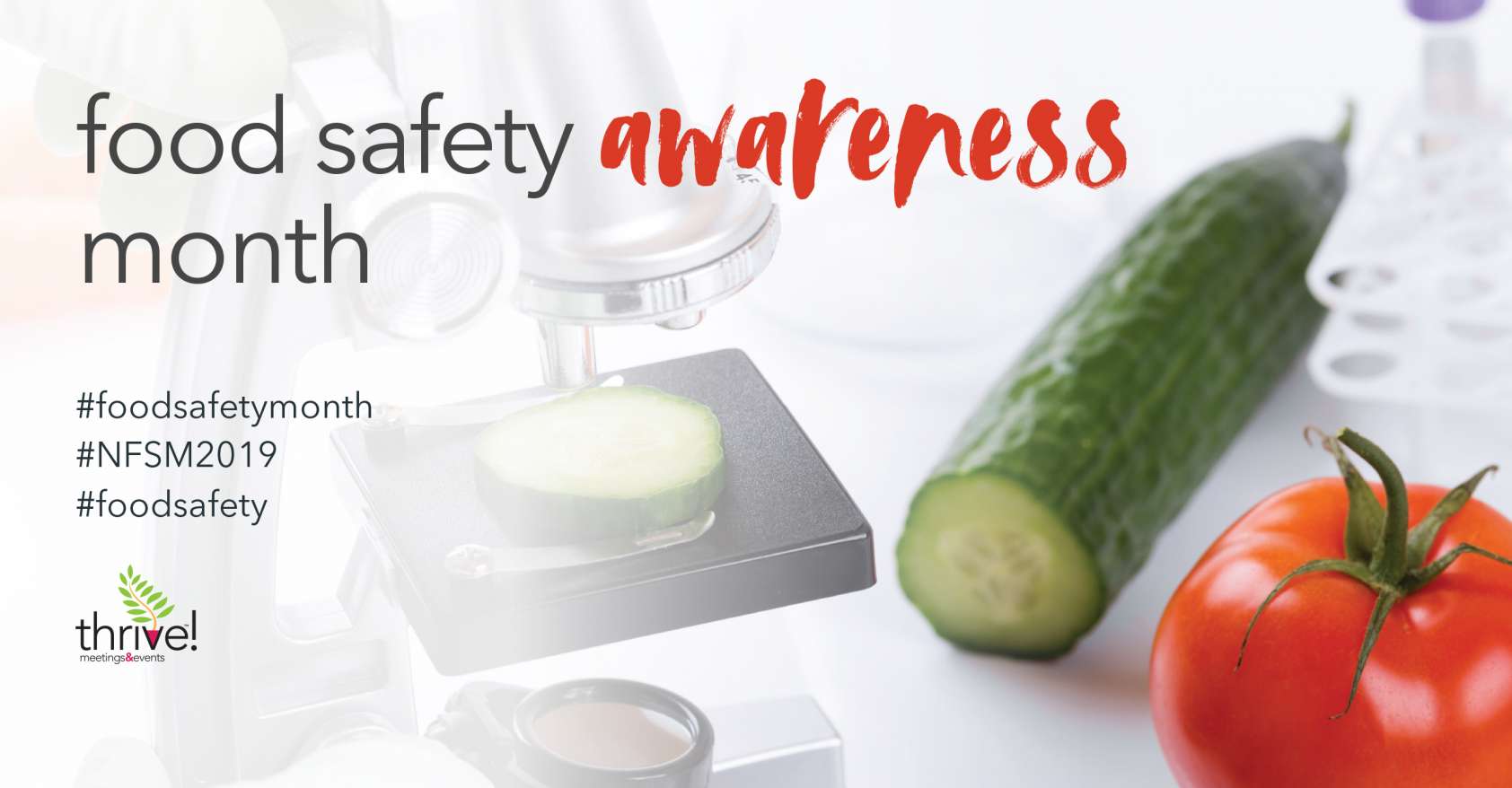Latex lurks in everything from balloons to rubber bands to gloves and can cause skin and respiratory allergic reactions in a growing number of people. Are you doing all you can to ensure the safety of those with latex allergies at your events?


Latex lurks in everything from balloons to rubber bands to gloves and can cause skin and respiratory allergic reactions in a growing number of people. Are you doing all you can to ensure the safety of those with latex allergies at your events?

Wine may be made from grapes, but that doesn’t mean it couldn’t cause problems for vegan attendees or even those with milk, egg and shellfish allergies.

Attendee dietary and disability needs data need protection too. How are you protecting it?

Understanding Food Safety is Crucial for Controlling Risk Thinking of everything that can go wrong with an event is nearly impossible, but that is what meeting professionals try to do when we create contingency plans as a means to controlling risk associated with our events. Think about the Farmers Insurance “Hall of Claims” commercials showcasing things that have gone wrong — cement pouring into a car, hot air ballon landing on a parked car. It’s a clever campaign that highlights unique claims their customers have submitted. At the end of each commercial, the “voice of God” affirms their tagline: “We…

A Guest Post by Madison Savlov Graduation. I cannot believe I am officially finishing roughly 20 years of my much-appreciated education. Now I must enter the workforce and what society calls “the real world.” after college Besides being apprehensive about finding a job and leaving my home of 4 years to live on my own, as an adult with food allergies, I must now completely take control of managing them without the support that has been provided to me growing up. Now I start the process of locating “safe” restaurants — as well as a job and employer — that…

A New Study Shows Adult-onset food allergies are Higher than Projected Increased awareness of food allergies and dietary restrictions has prompted more research on the subject. The findings on adult-onset food allergies from a new research study conducted by Science & Outcomes of Allergy & Asthma Research (SOAAR) are fascinating and often spark more questions than answers. This is hopeful for many of those who live with uncomfortable and sometimes deadly reactions to certain foods. SOAAR Study The SOAAR study published in The Journal of the American Medical Association (JAMA) found that 10.8% of US adults (>26 million) have…

J.D.’s lawsuit centers on discrimination because of his food allergy. He felt that there were no reasonable accommodations made for his disability.

Due to the growing awareness of food allergies and the reoccurrence of what could have been preventable deaths and injuries related to those allergies.

The meetings industry has come a long way in understanding the importance of identifying allergens at group meals. Labeling buffet items and identifying ingredients in menus is pretty much standard procedure for hotels and caterers. In the consumer sector, this progress started in 2004 with the Food Allergen Labeling and Consumer Protection Act. The legislation required manufacturers to identify if their prepackaged foods contained one of the eight major allergens in the U.S. – milk, eggs, fish, shellfish, peanuts, wheat, soybeans and tree nuts. At the time, these accounted for 90 percent of U.S. allergens. Eleven years later, a…

October is Disability Employment Awareness Month – a time where we recognize the contributions of people with disabilities in our workforce. It’s also the opportune time to educate ourselves on how to be more accommodating for our colleagues and coworkers who may have a disability. It’s been 10 years since the Americans with Disabilities Act (ADA) was amended in 2008, but educating employers and employees alike about the changes has proven to be a long and difficult process. Whether a CEO, an HR professional, an event professional or a manager, you should know that individuals with food allergies, celiac disease…